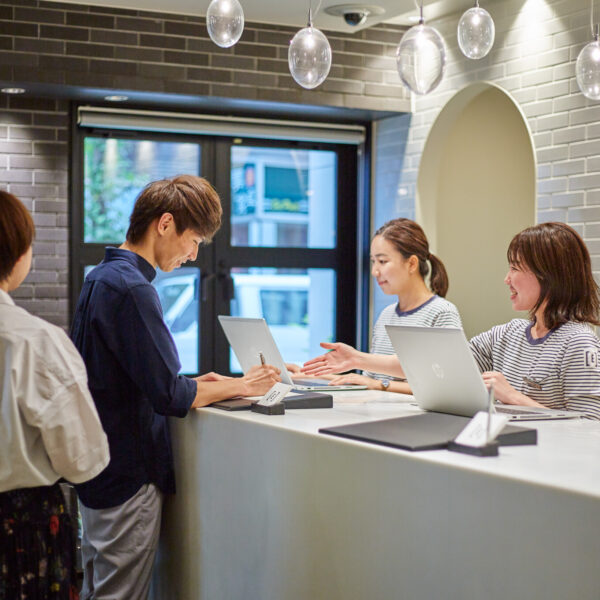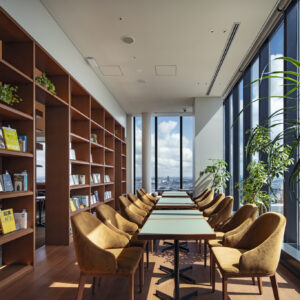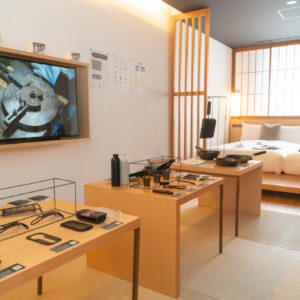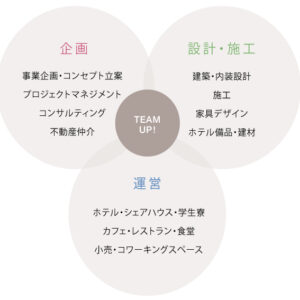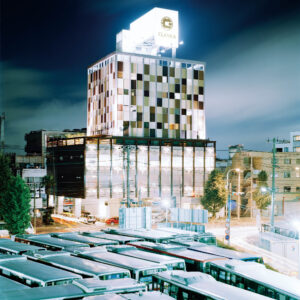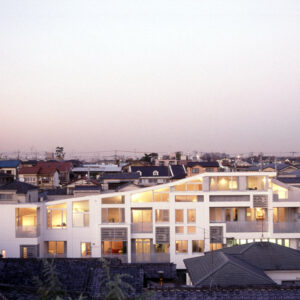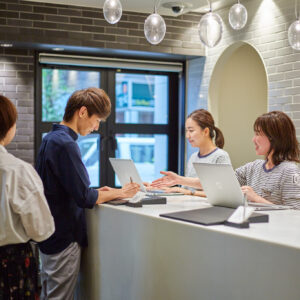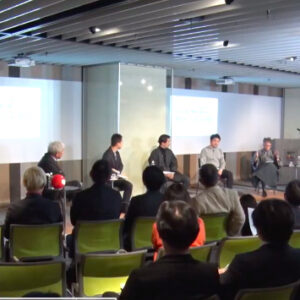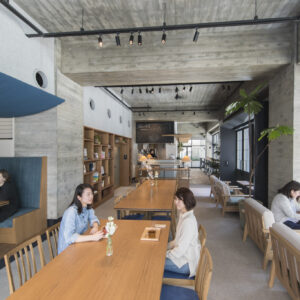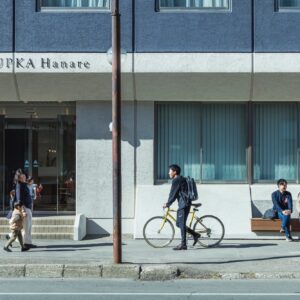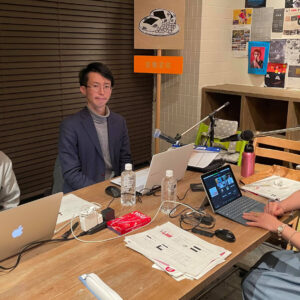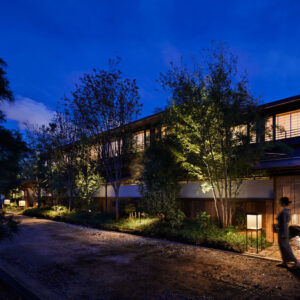UDS's Perspective on Hotels
UDS, which originally began its journey by focusing on "housing" (Cooperative Houses) as a constituent of the "town," embarked on the business of "hotels" as a new avenue of expansion after about a decade of engaging in the Cooperative House/Village business.
From the very beginning, UDS had envisioned delving into the realm of "hotels" as a component of town development. This was because UDS believed that hotels held a vital role within the community.
It was during my student days when I traveled to Italy and Spain that I noticed bars and cafes within hotels serving as communal hubs for local residents, where people gathered morning and night. Witnessing such spaces where town residents came together left a strong impression on me. Travelers like me could experience local life by engaging with these spaces, which had seamlessly integrated into the town.
Back then, many Japanese hotels felt like brands imported from overseas and just dropped into the country, with a sense of Western-style service awkwardly combined with Japanese design. Amidst this landscape, I began to think that there should be more accommodations in Japan that incorporate Japanese service and design, truly reflecting the essence of the Japanese town and culture. We have been gradually shaping this vision into reality ever since.(Founder, Fumio Kajiwara)
While UDS had been proposing and planning for new hotel projects, being a startup with no track record in the hotel industry, they were not entrusted with hotel projects. So, UDS took matters into their own hands and began their hotel journey by searching for properties and renovating aging hotels. This marked the inception of UDS's first hotel project, "CLASKA."
I myself am a design-oriented individual who studied architecture during my student days. As an architect, the prospect of building a new building from scratch holds its appeal. However, Japan is already filled with concrete structures. These concrete buildings are expected to last between 50 to 100 years. Given Japan's declining population, I couldn't help but question whether we needed to construct more concrete buildings. This spurred an underlying awareness of the issue.
Simultaneously, I held a strong sense of environmental consciousness. If I were to be involved in architecture, I wanted to minimize the impact on the environment. In that case, it's beneficial to leverage what's already present.
With Anteroom, we embraced the approach of conversion and renovation instead of scrapping and rebuilding. We aimed to transform the value of 'coolness through age.
(Morning Meals, Design, Business Models, Drives Innovation in All Aspects- UDS Chairman, Fumio Kajiwara)
Fast forward about 20 years. UDS has undertaken numerous hotel projects across various regions, including conversions, renovations, and new constructions. Presently, UDS has expanded to manage 16 hotels and inns, handling everything from planning and design to operations both domestically and internationally.
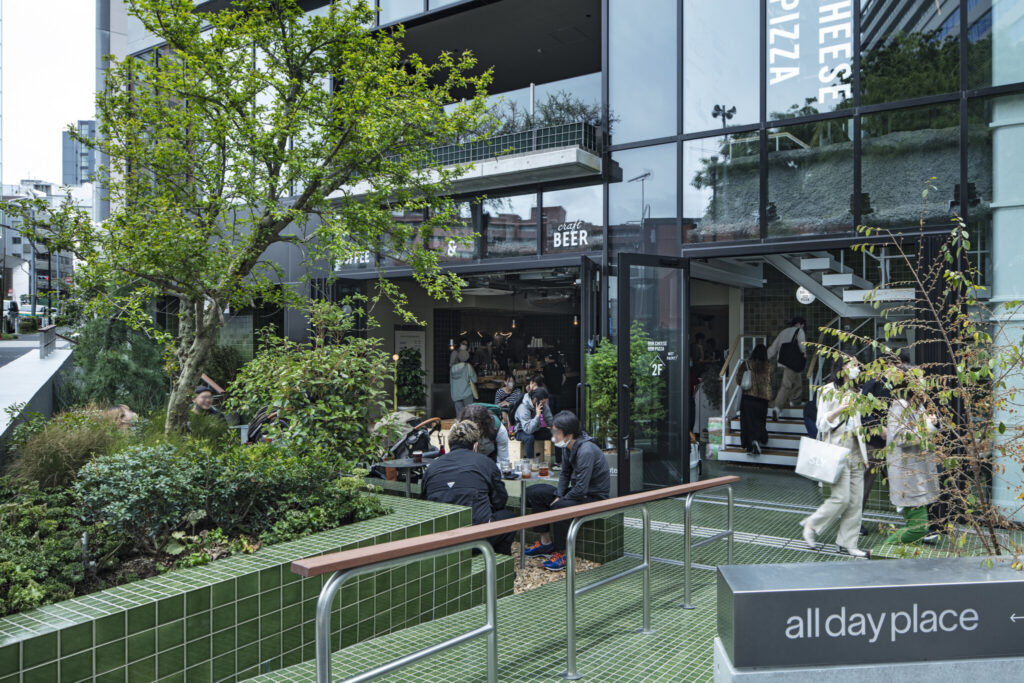
n a previous publication, "UDS Journal" Vol. 2 (released in December 2016), UDS explored the theme of "Town and Hotels," shedding light on their initial hotel venture, "CLASKA," and their pioneering hotel management efforts with "Hotel Kanra Kyoto."
Please take a look if you're interested.
